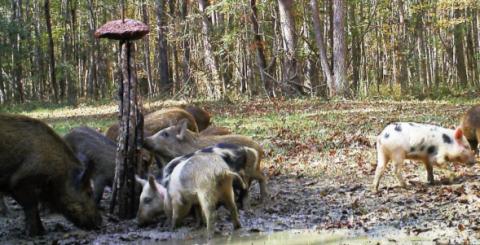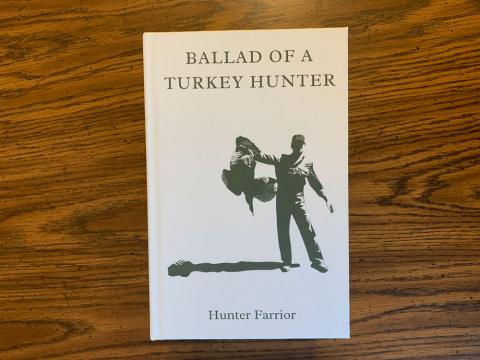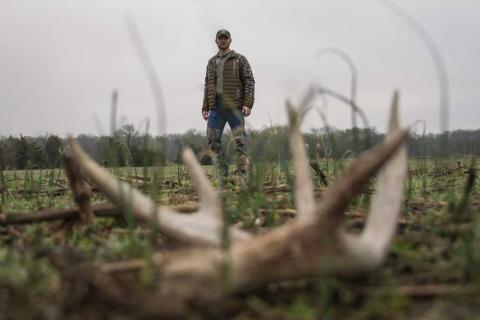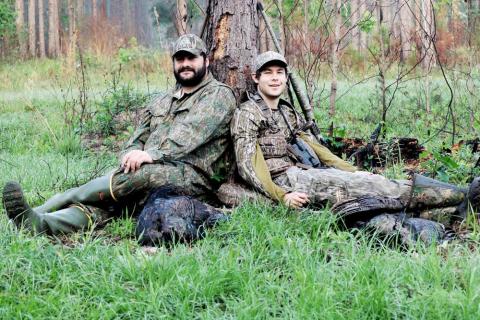Todd Amenrud
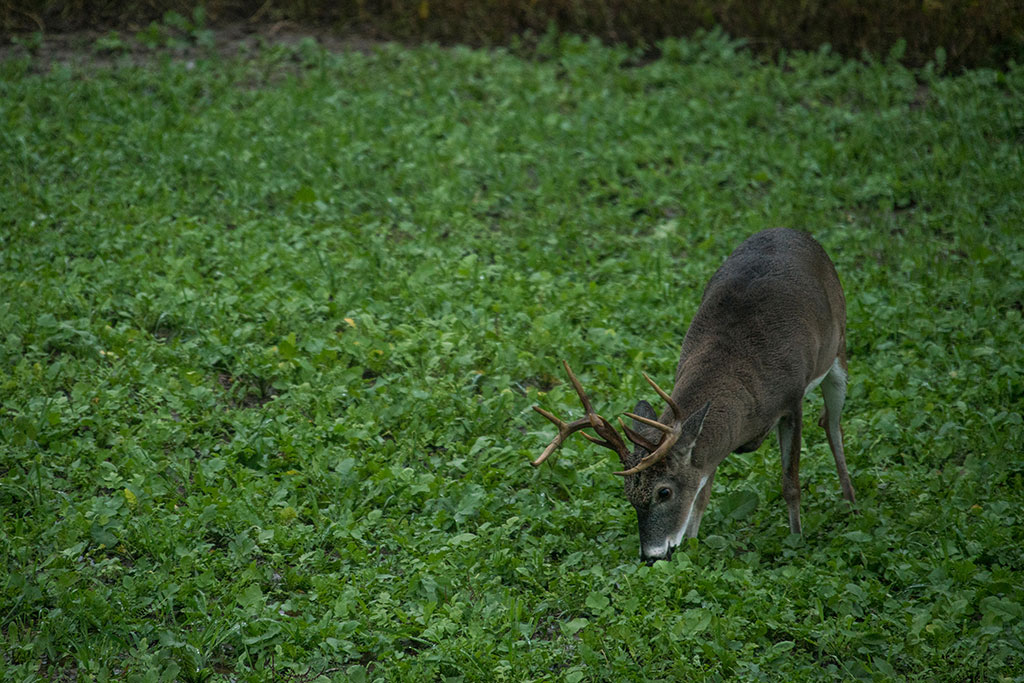
Today’s whitetail managers know what an important role food plots play in the drive towards a healthy herd and bucks with bigger antlers. What’s the big difference between food plots and their native vegetation? Or, why couldn’t supplemental feeding have the same impact? Here’s why:
An acre of native vegetation will produce about 200 to 350 pounds of deer food annually at approximately 6 percent to 12 percent protein. However, if they actually consumed that much, the habitat would be damaged. So they can only actually use about 100 pounds per acre without destroying it.
An adult deer will consume about 6 pounds of feed per day on average, with spikes as high as 10 to 12 pounds per day for large adult bucks. So taking the average multiplied by 365 days per year and you get 2,190 pounds of feed per year. That means one deer can be supported on roughly 22 acres without degrading the habitat. However, body size, health and antler size are going to be under their potential because of the poor average protein content of the native plants. Most biologists agree that whitetails need about 16 percent protein to express their potential, and at times more, especially during fawn rearing and antler growth.
Why couldn’t you just feed corn or protein pellets? You can, and it may be suggested, but corn has only 8 percent protein, so even native vegetation is better than corn. And even if you are feeding protein pellets at around 20 percent protein, you still have to consider predation, disease transmission, legality, aesthetics, the amount consumed by non-target animals and the cost.
Supplemental feeding isn’t bad, on the contrary, but even if you do everything correct it is shown that no matter what you feed or how you feed it, deer will only consume 20 percent to 25 percent of their diet from the supplemental feed! Many believe it’s because it’s not natural for a browsing animal to stand at a feeder. So you are not significantly increasing carrying capacity or making a big impact on their nutritional intake, and you’re still well below the 16 percent biologists say is necessary.
Remember from above, we said deer will only consume 20 percent to 25 percent of their diet in supplemental feed. It is shown that when available, they will consume approximately 75 percent to 80 percent of their diet in food plot crops! It is probably for two reasons: one, because it is more like browsing to them. It is unnatural for them to stand at a feeder. Two, because of the quality of the forage food plots produce is much more palatable and digestible than corn, protein pellets or native vegetation.
You do not want to forget about your native plants, whitetails still must have them. In addition, your situation may call for supplemental feeding, so don’t be quick to dismiss it. Food plots, however, are going to decrease the average home range size of each deer in the area, and in doing so, can significantly increase your property’s carrying capacity! Food plots are going to supply well above the necessary 16 percent protein so your deer will have a chance to express their true health and antler growing potential.

















